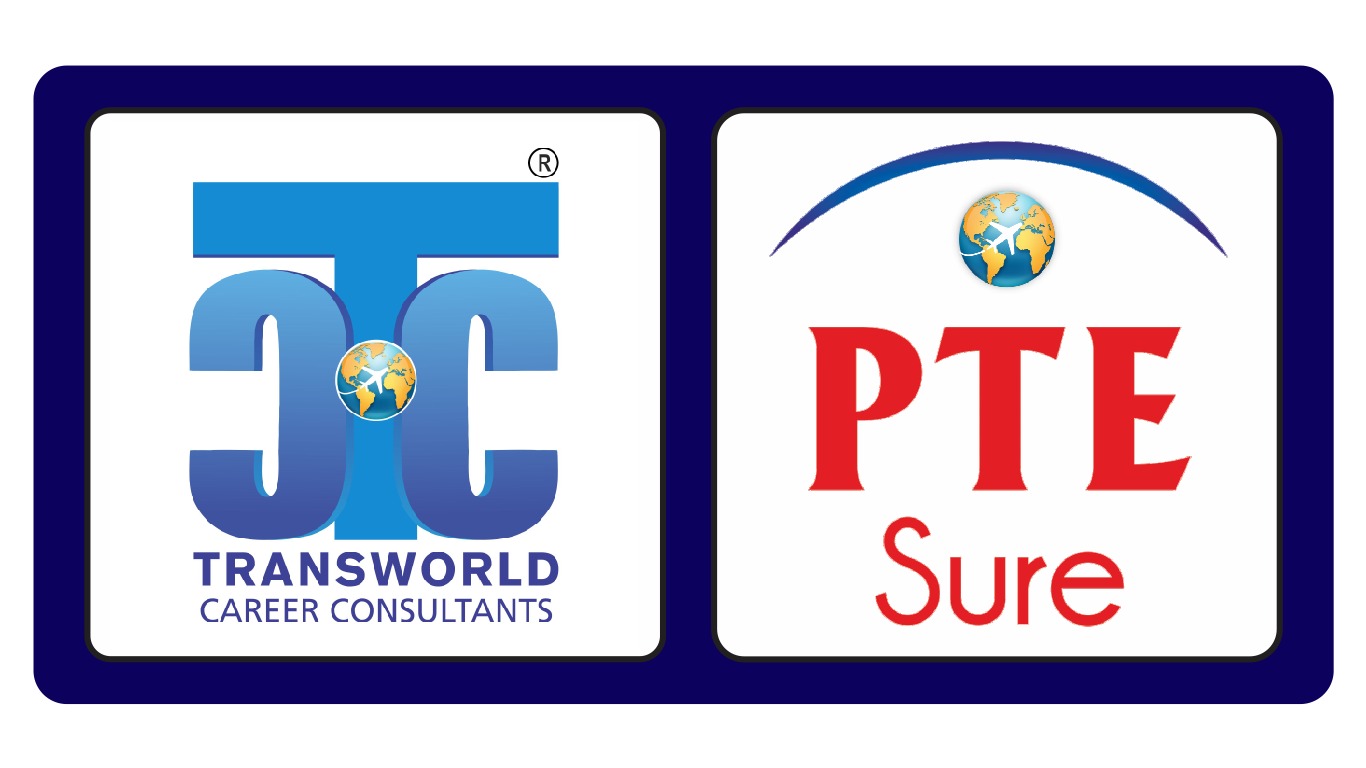We give the best Services




Sed ut perspiciatis unde omnis iste natus error sit voluptatem accusantium doloremque lau dantium, totam rem aperiam, eaque ipsa quae ab illo inventore veritatis et quasi archi tecto beatae vitae dicta sunt explicabo.
Nemo enim ipsam voluptatem quia voluptas sit aspernatur aut odit aut fugit, sed quia conse quuntur magni dolores eos qui ratione voluptatem sequi nesciunt.
Nemo enim ipsam voluptatem quia voluptas sit aspernatur aut odit aut fugit, sed quia conse
quuntur magni dolores eos qui ratione voluptatem sequi nesciunt.
Sed ut perspiciatis unde omnis iste natus error sit voluptatem accusantium doloremque lau dantium, totam rem aperiam, eaque ipsa quae ab illo inventore veritatis et quasi archi tecto beatae vitae dicta sunt explicabo.
Sed ut perspiciatis unde omnis iste natus error sit voluptatem accusantium doloremque lau dantium, totam rem aperiam, eaque ipsa quae ab illo inventore veritatis et quasi archi tecto beatae vitae dicta sunt explicabo voluptatem sequi nesciunt.
Nemo enim ipsam voluptatem quia voluptas sit aspernatur aut odit aut fugit, sed quia conse quuntur magni dolores eos qui ratione voluptatem sequi nesciunt.
Contact
- 3111 West Allegheny Avenue Pennsylvania 19132
-
1-982-782-5297
1-982-125-6378 - support@consultio.com
